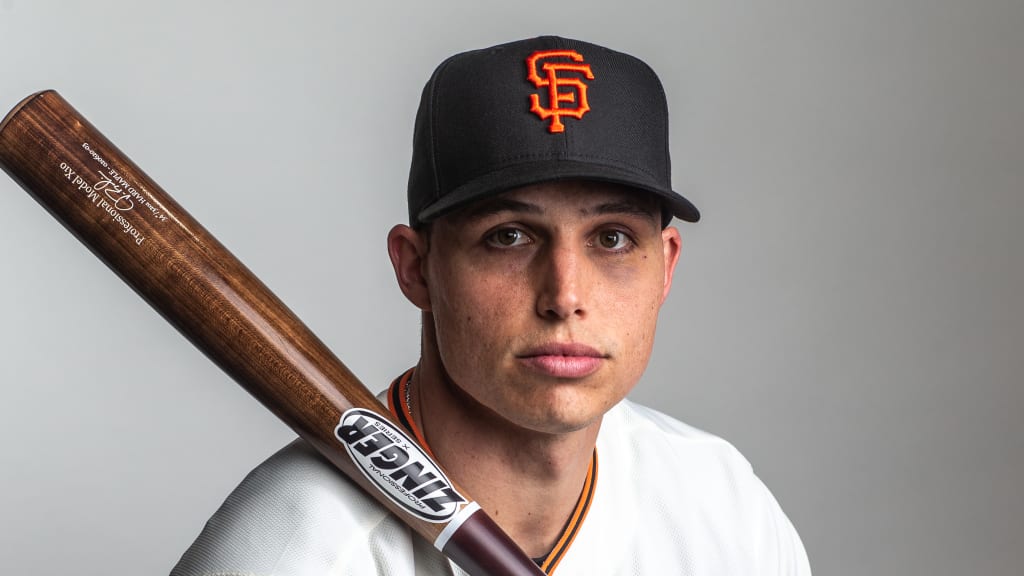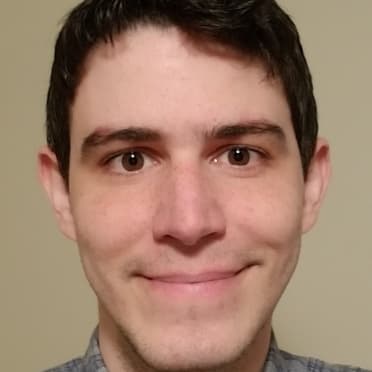
On April 16, 2020, four days before his 28th birthday, Giants outfielder Drew Robinson tried to commit suicide with a self-inflicted gunshot wound to the head. He survived.
Nearly 10 months after picking up a gun, putting it to his right temple and pulling the trigger, Robinson went public with his story in hopes of raising mental health awareness and trying to help others who are suffering in silence.
"I'm here for a reason," Robinson told ESPN’s Jeff Passan.
Robinson’s story
Robinson’s suicide attempt wasn’t a snap decision. According to Passan’s reporting, Robinson had struggled with his mental health for years, and his help-seeking efforts didn’t alleviate his depression and suicidal ideation.
The COVID-19 pandemic compounded the situation. The baseball world came to a standstill on March 12, and Robinson retreated to isolation at his house in Las Vegas. He had just called off his wedding with his fiancée, Daiana, as he doubted his ability to get back to the Majors after signing a Minor League deal with the Giants in January and didn’t want to continue to put her through the difficulties and hardships associated with that life.
Robinson picked up a handgun from a local store on March 30. Sixteen days later, he decided to go through with it. Hours after waking up and writing a suicide note in which he explained why he wanted to end his life and apologized to Daiana as well as his mother, father, sister and brother, Robinson shot himself in the head while sitting on his living room couch.
The shot seriously damaged his right eye and left him bleeding from his head, but it didn’t kill him. Still alive the next morning and in severe pain, he considered trying again. He sat in the same spot on his couch, holding the gun in one hand and his cellphone in the other, with 911 set to dial. He opted to make the call at 3:44 p.m., nearly 20 hours after he shot himself.
In the months since, Robinson has focused on healing -- physically and mentally -- and repairing relationships with his family and Daiana. He also decided to share his story to provide support for others who are struggling with mental health problems.
"How can I go through this and not find a way to try to help other people or impact other people's lives?" he said. "Just have this happen and just move on with my life the way I was before? There's no way. This was a huge sign. A huge, painful sign that I'm supposed to help people get through something that they don't think is winnable."
Robinson’s MLB career
Robinson initially reached the Majors in 2017, debuting on April 5 against Cleveland and going 0-for-2 at Globe Life Park. It had been almost seven years since he was selected by the Rangers in the fourth round of the 2010 MLB Draft out of Silverado High School in Las Vegas.
A week after his debut, he was sent to Triple-A Round Rock, marking the first of five times that he was optioned to the Minors over 2017-18.
Robinson didn’t play his second game until June 25 at Yankee Stadium. He tallied his first career hit in the top of the fourth inning, taking Michael Pineda deep, and later doubled. Robinson was optioned to Triple-A again the next day.
His third career game came on July 8 against the Angels, and he homered again. He repeated the feat against the Royals on July 16, which meant that three of his first four hits left the yard.
That was the height of his success as an MLB player, however, and his self-doubt grew as he struggled at the plate and was shuttled between the Majors and Minors.
Robinson ended up hitting .204/.301/.366 with nine homers and 22 RBIs over 95 games with the Rangers across 2017-18. He bounced around the field on defense, making 15 appearances at second base, 23 at third, seven at shortstop, 24 in left field and 27 in center.
The Rangers traded the utility man to the Cardinals for Patrick Wisdom after the 2018 season, but he played just five games for St. Louis before being released in August ’19. He joined the Giants on a Minor League deal last January and played 12 games for the club in Cactus League play, going 4-for-17 (.235) with seven strikeouts before the pandemic caused the cancellation of Spring Training.
What’s next?
As Passan’s story details, the gun shot ruptured Robinson’s right eye, fractured his frontal sinus and came within millimeters of taking out his other eye as well. He has undergone multiple surgeries, but his right eye wasn’t salvageable, leaving his baseball future in doubt. He now wears a prosthetic eye.
Robinson began playing baseball again in July, starting out hitting off a tee indoors and progressing to facing live pitching outside by October. He has focused on keeping his body in peak condition, exercising vigorously every day and monitoring his nutrition.
On the mental side, Robinson has taken steps to get well, speaking with therapists multiple times a week, meditating, taking antidepressants and communicating more with his family and friends.
On Sept. 9, 2020, the day before Suicide Prevention Day, Robinson spoke to Giants players, coaches and staff at Oracle Park, sharing a statement he wrote about his suicide attempt: “April 16, around 8 p.m., I attempted suicide and shot myself in the head. A day later, April 17, around 4 p.m., I dialed 911 myself in an attempt to have my life saved. Later that night, not only was my life saved, but it was reborn and restarted."
The next month, the Giants informed Robinson that they wanted him to remain with the organization and were offering him a Minor League contract with an invitation to Spring Training.
When Robinson began feeling depressed again in November, and with suicidal thoughts creeping in, he leaned on his support system for help, sharing his feelings with Daiana, his family and his friends, and speaking with his therapists. Eventually, he was able to get back on the right track. For Robinson, it’s all part of the recovery process.
"I don't have it all figured out, but I'm working on it," he said. "It's not something that you just achieve. You don't just achieve self-growth. You don't get to a point where you just have it and you don't have to work at it again. It's not like a tool that you just get and you just have it forever. You don't get to a point where, 'Oh, I'm happy today. That's it. I'm going to be happy for the rest of my life.' It's the same way in the opposite. 'I had a rough day.' That doesn't mean the rest of your life is going to suck."
